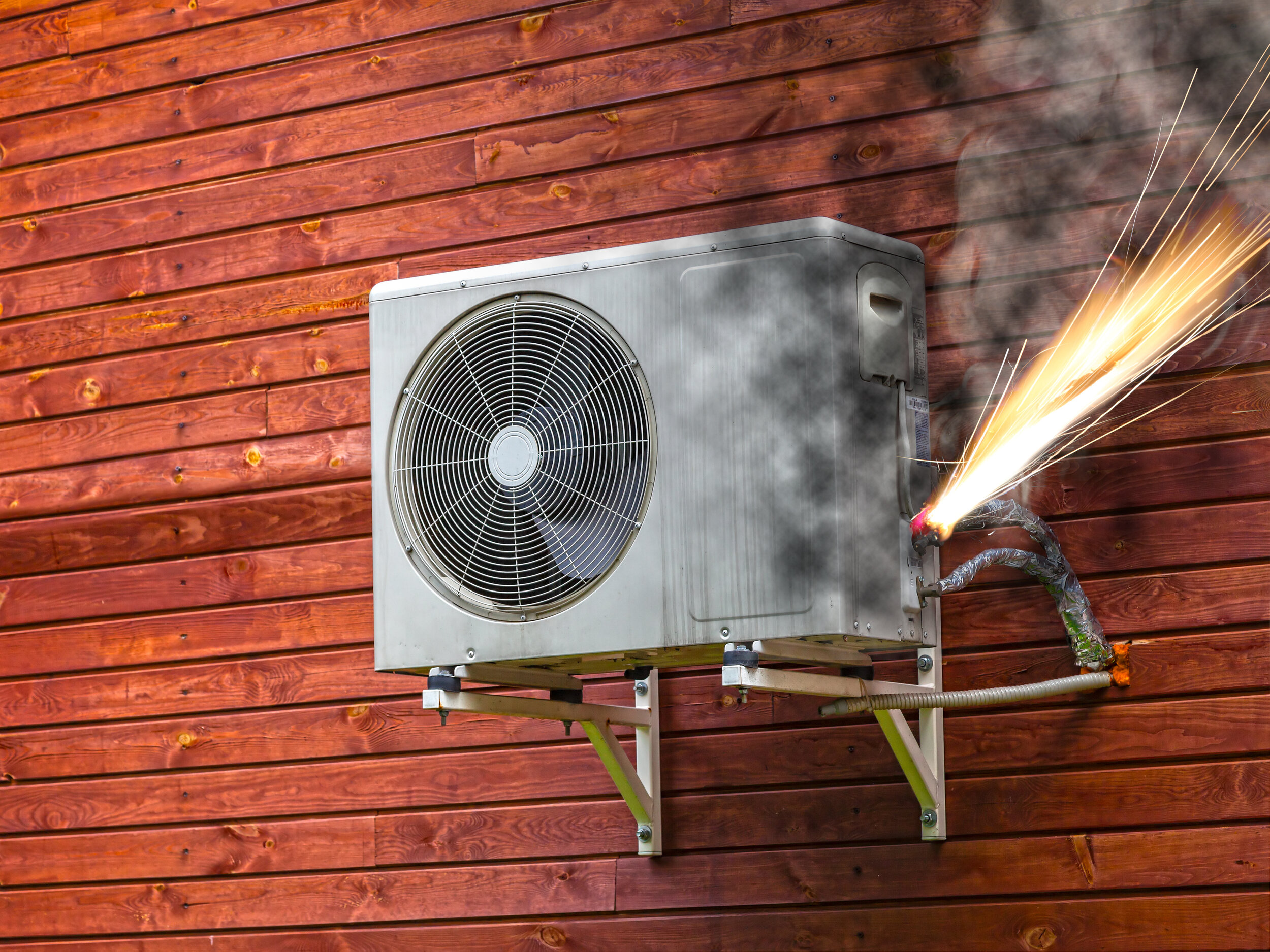It's often necessary to store flammable items in your home, but you always want to ensure proper safety to prevent fires, explosions, and chemical poisoning. Here we discuss some basic guidelines that will allow you to store flammable materials without endangering your household.
Store and Transport Flammable Items in Safe Containers
One of the biggest problems with storing flammable items is that many people put them in the wrong type of container. While it may be convenient to store flammable materials in a milk jug or Tupperware, this won't prevent them from being volatile. To reduce risk, you must use safety containers that have been Factory Mutual-certified.
Keep Flammable Items Away from Direct Sunlight
Direct sunlight can quickly cause a dangerous situation with any flammable material. The same goes when it comes to storing it near a source of high heat. Even though summer is obviously the most dangerous part of the year, you really don't want these kinds of items to have any sunlight or heat at any time.
Make Sure There’s Ample Ventilation
Keeping flammable materials in a room that isn't well ventilated is just asking for trouble. Perhaps you've done this yourself by storing items in a basement, attic, or garage. What you need to do is keep them in a ventilated room that isn't attached to your home.
Don’t Put Flammable Items Near Sources of Ignition
It should go without saying, but you must keep flammable materials away from sources of ignition such as cigarettes, vehicles, washers, dryers, and HVAC systems. Any of these can be an unintended source of ignition due to sparks or open flames, leading to a fire hazard.
Keep the Containers Out of Reach
Storing containers of flammable materials at ground level may sound convenient, but it's also risky. You need to always keep these containers out of the reach of children. Even if they understand the danger, you still don't want to take a chance on getting them exposed or causing an accident.
If you have any questions about the safe way to handle flammable items or you require any HVAC services, reach out to the professionals at Air Assurance today. We've been serving the HVAC needs of Broken Arrow and the surrounding communities since 1985.


